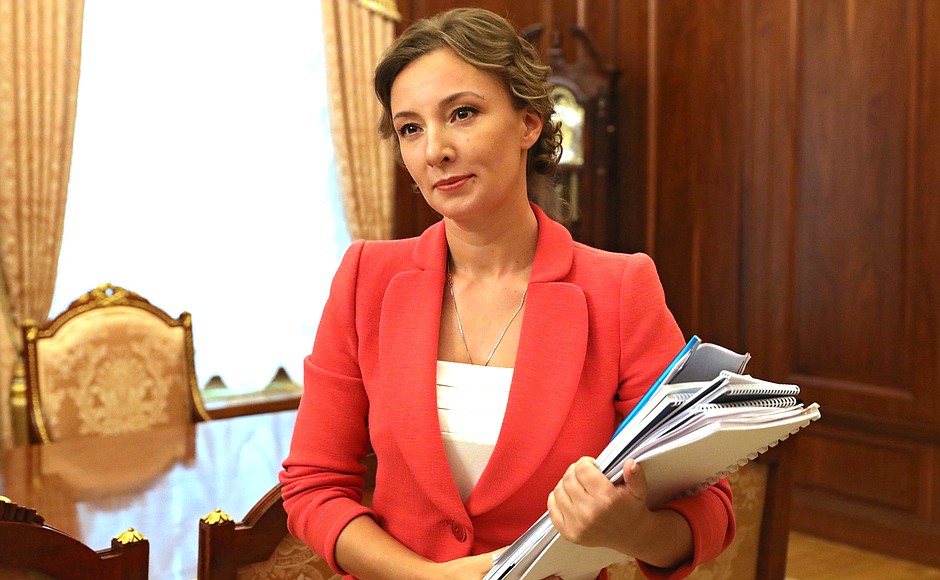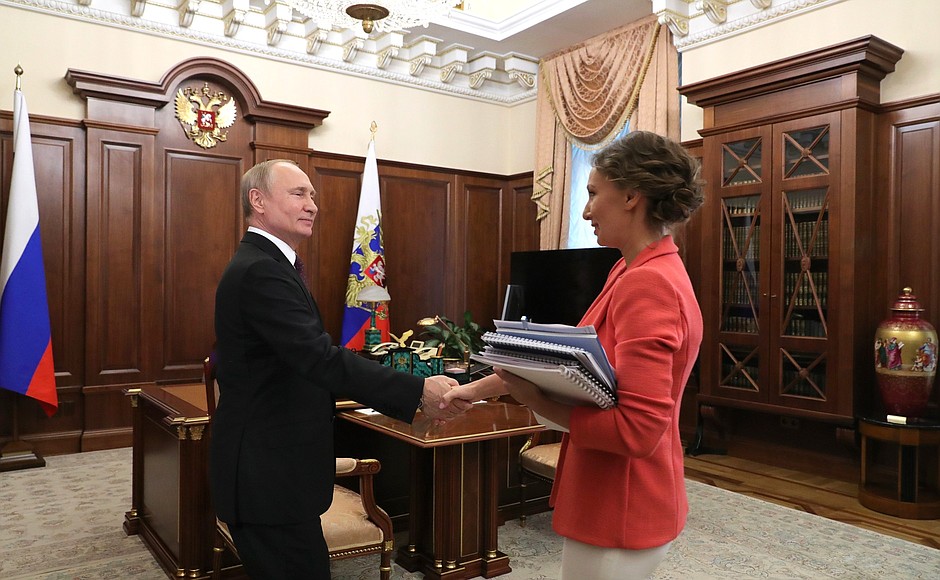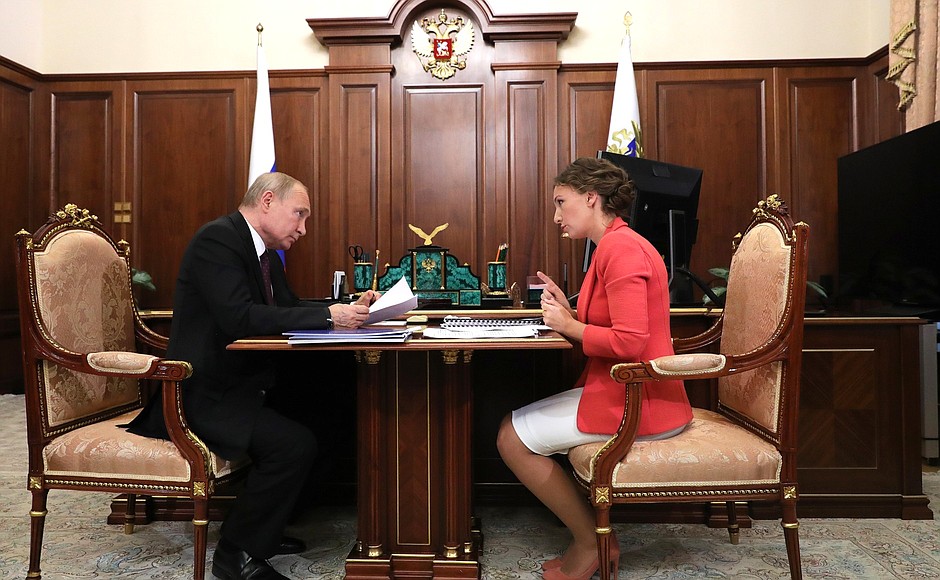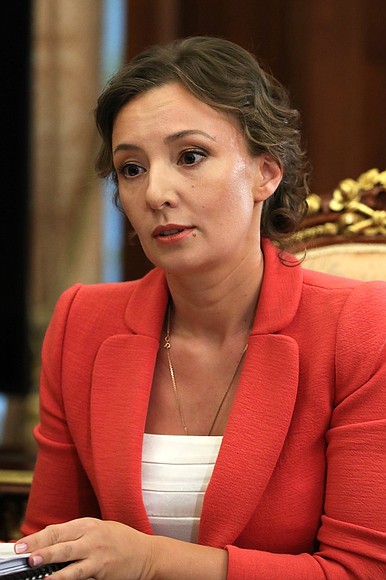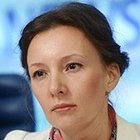The children's ombudswoman submitted to the President her annual report on the protection of children’s rights in Russia.
Ms Kuznetsova reported that the number of complaints sent to her has increased. She said over 8,000 complaints were reviewed this year. Indicatively, the number of complaints from minors has grown by 14.5 percent.
In one way, this is a positive sign; children trust the ombudswoman and write to her, however, it is also alarming because it means the children could not find an adult to listen to their problems.
In this context, a search was conducted to find the best projects on protection of children. For example, one is a project of a crisis centre for teenagers and their parents, which helps them develop child-parent relations and mitigates problems and conflicts.
Ms Kuznetsova believes this work, supported by a large comprehensive programme, could resolve many issues. According to Rosobrnadzor (Federal Service for Supervision in Education and Science), only 16.5 percent of educational programmes meet the existing standards. Much will still have to be done in this area.
There are many issues that the commissioners for children’s rights must work on, including the protection of children’s health and their right to education. Ms Kuznetsova focused on three areas: protection of children in orphanages, better social support for families with children, and support for large families.
She explained that last year they began to monitor the quality of childcare in the Russian regions. A full package of information based on 100 criteria was collected for each region and the situation with childcare in each one of them was analysed.
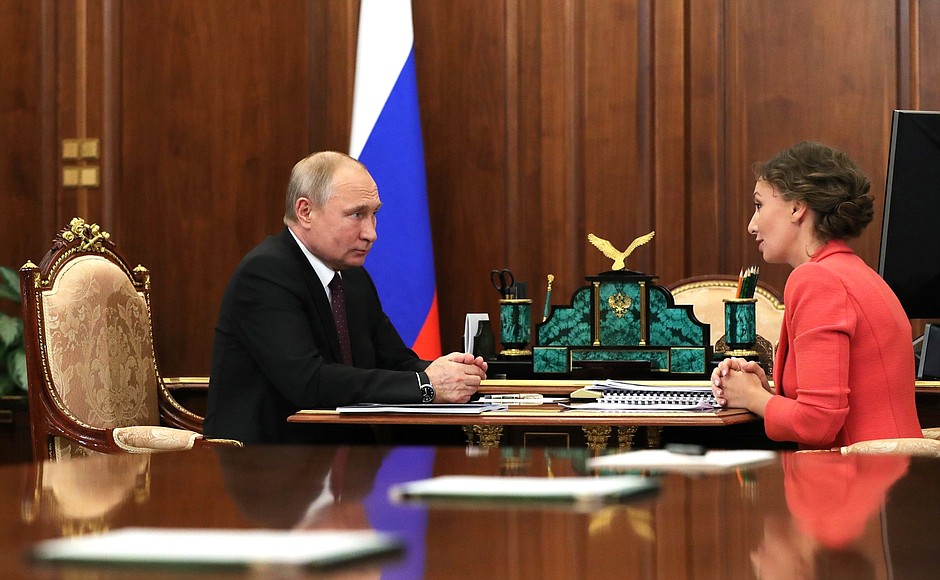
Many violations were identified, for example, failure to provide medical aid in a timely manner, a shortage of specialists to advocate a child’s right to various kinds of support, and the poor condition of children’s homes.
Ms Kuznetsova asked the President to instruct the Government to resolve the issue of reforming children’s homes. She said that last year a programme was developed to help resolve the goal set by the President in his Address to the Federal Assembly: to make social aid more accessible and spare people the need to overcome bureaucratic barriers.
The programme “Social Navigator” was developed. Ms Kuznetsova said the project introduces a dedicated hotline and a set of guidelines using which specially trained coordinators identify the best department to deal with a specific issue.
This programme offers an innovative approach to management in the social sector that provides feedback both to the caller and to the regional governors.
Ms Kuznetsova asked Vladimir Putin to test this programme in at least ten pilot regions to understand what format it should use. She added that the programme has already been introduced in one region.
Vladimir Putin supported this initiative.
